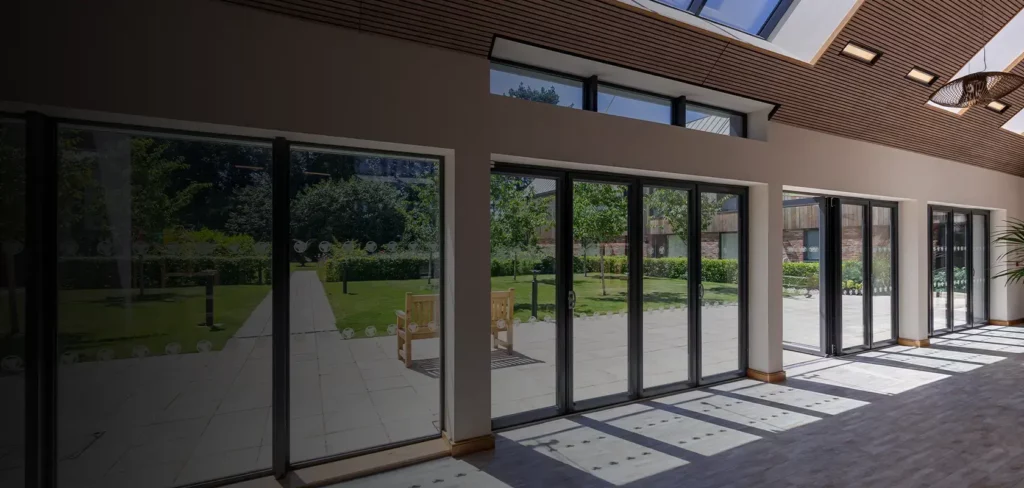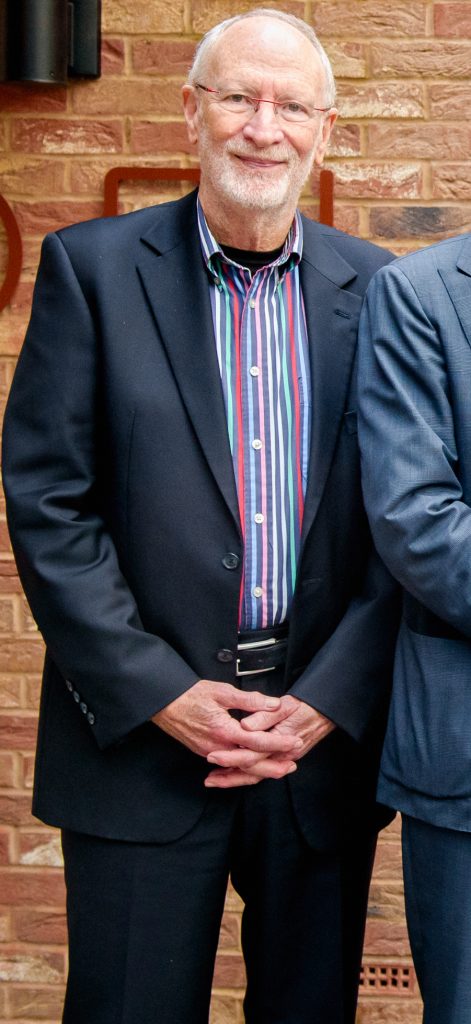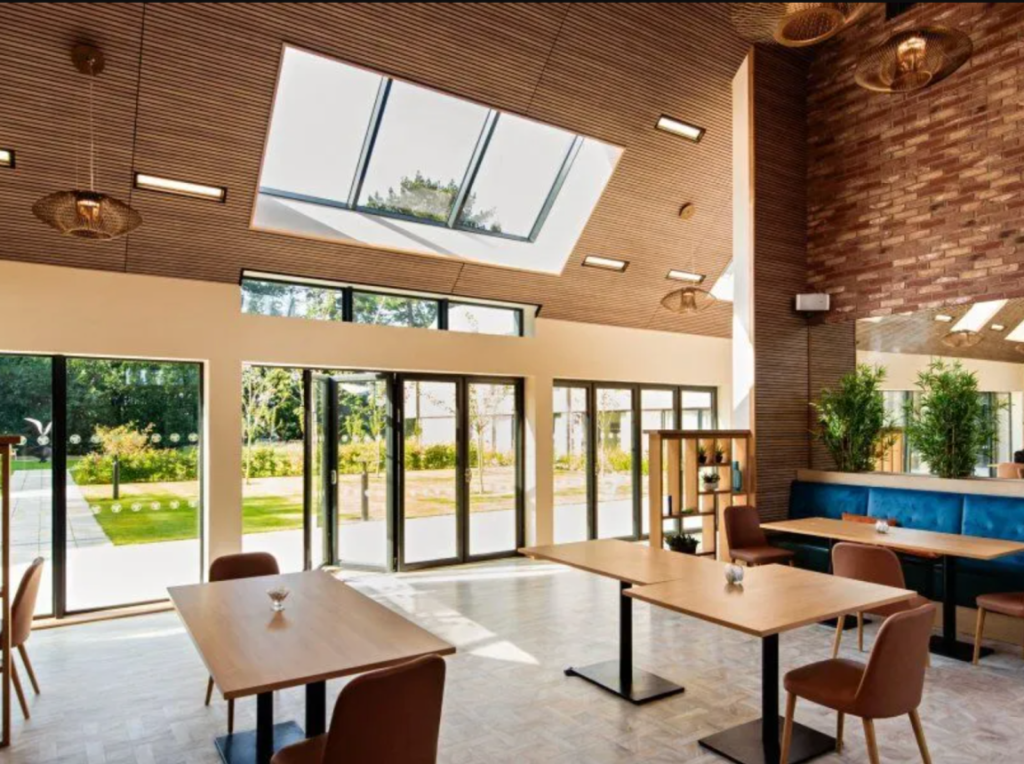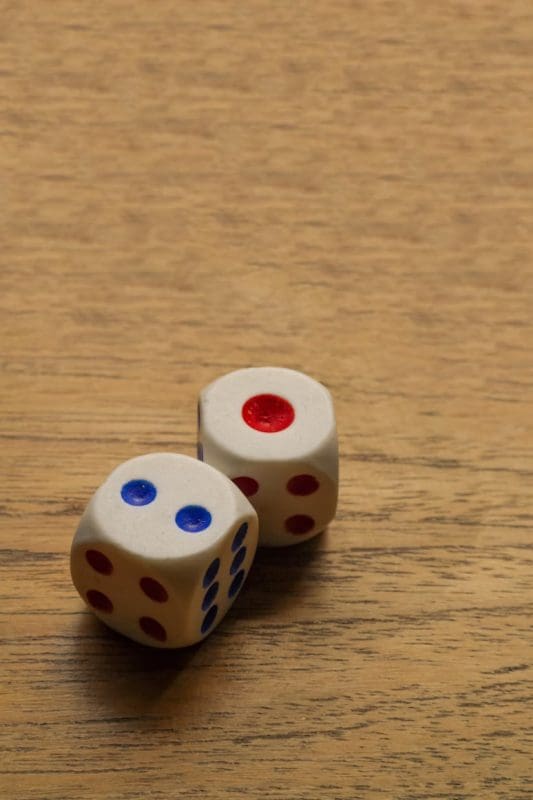“We all need to get away from time to time from problems we have. Whether that’s addiction problems, work-life balance issues, or excessive pressure on you. This is the perfect facility for that purpose.”
Gaming Addiction
Give your mind the space it needs to escape from gaming addiction and turn off and reconnect with expert support at Delamere, our luxury private rehab set in the heart of rural Cheshire.


Gaming addiction help at Delamere
Just like other addictions, gaming addiction is a progressive condition characterised by compulsive behaviour. It develops over a long period of exposure to excessive gaming which can be caused by many different factors.
Delamere is one of the few treatment centres in the UK equipped to intensively treat gaming addiction. At our purpose-built addiction rehabilitation centre in tranquil forest surroundings, guests receive exceptional care and support. We guide individuals, or those they care for, out of gaming addiction and into lifelong recovery using our trusted 4-phase approach.
Through 1-1 counselling, Recovery Mentoring sessions, group therapies, and a range of somatic healing techniques, our residential rehab programme for gaming addiction helps facilitate a complete change in the person’s perception, cognitive processing, coping strategies, and behaviour. We also teach relapse prevention techniques and personal development practices to help with successful rehabilitation.
Growing beyond addiction at Delamere
“I didn’t have trouble with alcohol or drugs but the therapist, mentors and staff helped me greatly in my depressed state. I can honestly say I exited a better, happier person.” – FMichael Theodorou, Former Delamere guest
View Our Treatment Model View our Environment Call now: 0330 111 2015
When to seek gaming addiction treatment
Taking part in activities you enjoy is all part of a happy and fulfilling life. But, when that pleasure starts to get in the way of social interactions or daily activities, such as going to school or work, it might indicate you have a problem. People often turn to gaming to escape reality and negative emotions, developing a reliance on the ‘feel-good’ reward of a world where anything is possible. In young people, if schoolwork is suffering or children appear unmotivated, these are signs that their gaming habits may need to be addressed.
At Delamere, our approach is to treat the whole person, meaning that we look at all aspects that could be contributing to the addictive behaviour and how that is manifesting physically, emotionally, and psychologically. Whatever has caused the gaming addiction in the first place, we help you to understand your addiction and learn and implement healthier coping mechanisms and strategies in order to prevent relapse.
People typically come into gaming rehab when their relationship with gaming has started to affect daily life. Some of the signs and symptoms of gaming addiction include:
- Constantly and obsessively thinking about gaming.
- Sadness, anxiety, and irritability when gaming is taken away.
- Needing to spend more time gaming to satisfy the urge.
- Inability to reduce or stop gaming.
- Loss of interest in previously enjoyed activities due to gaming.
- Continuing to game despite negative consequences.
- Lying about the time spent on gaming.
- Using gaming to relieve guilt, sadness, or hopelessness.
- Risking work, education, or relationships.


The Delamere approach to gaming addiction
An inpatient stay at Delamere is a deliberately intensive 4-phase gaming addiction treatment programme, one which we have crafted over time and has helped many participants recover. Our emphasis is on holistic care to treat addiction and associated issues. This means that we treat the whole person rather than just the symptoms they present with. We believe that successful treatment runs far deeper than simply stopping the addictive substance or behaviour.
Our approach at Delamere comprises 4 core phases: Stop, Start, Grow, & Bloom. Everything we offer at Delamere aims at effective and lasting outcomes in addiction treatment:
How to encourage a loved one to get gaming addiction help
If you are looking for help for a friend, working with someone, or living alongside someone who is displaying signs of a gaming addiction, we’re here to help. At Delamere, we provide family support services and help your loved one confront addiction. Our admissions team is on hand 24/7 to help answer any questions about our treatment programmes and make sure your loved one gets the support they need.
Should it be necessary, we also offer intervention services whereby we take the time to understand what is happening and help prepare and rehearse a formal intervention that will culminate in your loved one entering treatment with us. If you are considering organising an intervention for your loved one, friend, or colleague, call the team today on 0330 111 2015 to get the support you need.
Frequently asked questions about gaming addiction treatment
Gaming addiction is a compulsive need to play computer games even though it leads to negative consequences in a person’s life. A gaming addiction often develops when a person is desperate to escape into another world away from their own reality. Trauma, abuse, anxiety, depression, or lifestyle, environmental, and social factors can all drive a gaming addiction.
Helplines, walk-in clinics, and online support groups have become increasingly available to help the growing number of people affected by gaming addiction. While this provides some comfort to those seeking help and their families, most treatment options are in their infancy and offer a one-size-fits-all approach.
An intensive rehab programme such as those offered at Delamere provides a tailored, holistic approach to treatment where the person can feel truly heard and supported 24-hours a day.
Let us help you today
Start your recovery journey by contacting us today.
Confidential. Straightforward. Friendly.
Help and Support for Gaming Addiction Recovery
Discover more advice on the Delamere blog
-
Is the UK experiencing a gambling addiction crisis?
Is the UK experiencing a gambling addiction crisis? New research by the University of shows young gamblers 4x likelier to attempt suicide.
-
The rise of shopping addiction in the UK
Since the pandemic shopping addiction has doubled; 10% of the population has a shopping addiction. Delamere looks into the signs & how to manage it.
-
Setting Boundaries with your Smartphone
Students will spend 25 years of their lives on their smartphones if current screen time habits continue. Delamere gives tip on how to set boundaries with your smartphone.
-
How digital detoxes can help to reconnect
People are struggling with social media, phone, and internet addiction. Discover how digital detoxes can help to unplug and reconnect.





















